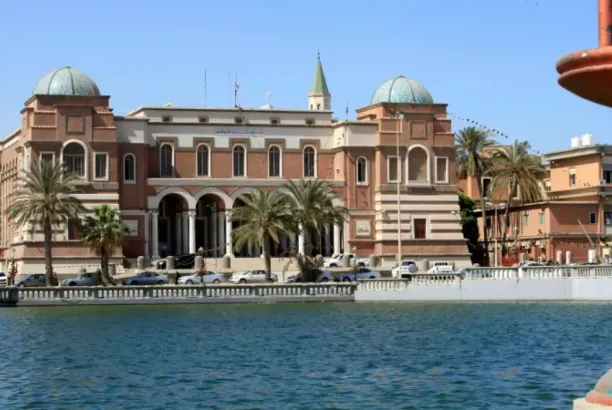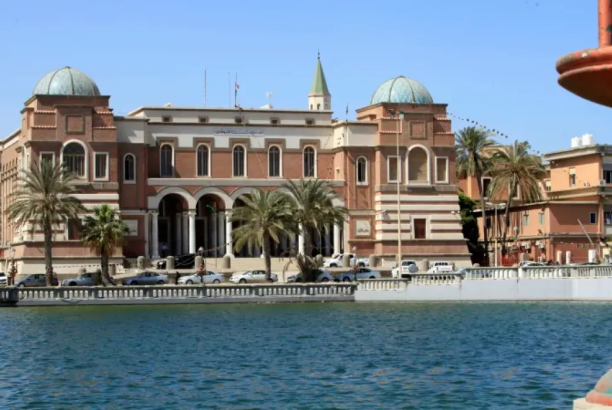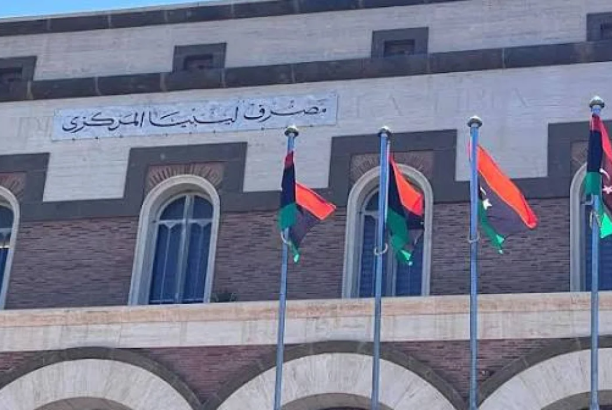
| News
Exclusive: Oil Source Confirms to Sada the Appointment of Acting Oil Minister Khalifa Abdul-Sadiq to Lead the Mediterranean Holding Company
An oil source confirmed to our source the appointment of Acting Oil Minister Khalifa Abdul-Sadiq to manage the Mediterranean Holding Company.
According to the source, Acting Oil Minister Khalifa Abdul-Sadiq has been absent from the Ministry of Oil headquarters for over a month and has been carrying out his duties from his residence in London. This is despite a directive issued by the Prime Minister that requires assigning a replacement for any official who is absent for more than three days.
The source also stated: the acting minister has not held any meetings within the ministry, despite some departments requesting an urgent meeting to discuss what was mentioned in the UN Security Council Experts Committee and Sanctions Committee reports.
He added that Khalifa Abdul-Sadiq holds several positions, including:
- Acting Minister of Oil and Gas in Abdul Hamid Dbeibeh’s government.
- Deputy Minister of Oil for Technical Affairs.
- Member of the Board of Directors of the National Oil Corporation.
- Chairman of the Shareholders Committee of Waha Oil Company.
- Chairman of Murzuq Oil Services Company in London.
- Chairman of the Planning Committee for Production Increase at the National Oil Corporation.
- Head of the Technical Team Reviewing the NC7 Field Contract.
- Chairman of the Board of Directors of the Mediterranean Holding Company.
He explained the distribution of Khalifa Abdul-Sadiq’s positions according to the type of authority they represent:
- 3 Technical positions: such as Deputy Minister, Planning Committee, and Technical Team Leader.
- 2 Executive positions: Acting Minister of Oil, and Chair of the Shareholders Committee of Waha Oil.
- 2 Administrative positions: Chair of Murzuq and Mediterranean Holding Companies.
- 1 Oversight position: Board member of the National Oil Corporation.
He continued: this structure reflects a dangerous institutional overlap, as Abdul-Sadiq combines executive, oversight, technical, and administrative powers, which clearly undermines the principle of separation of powers within the oil sector.





